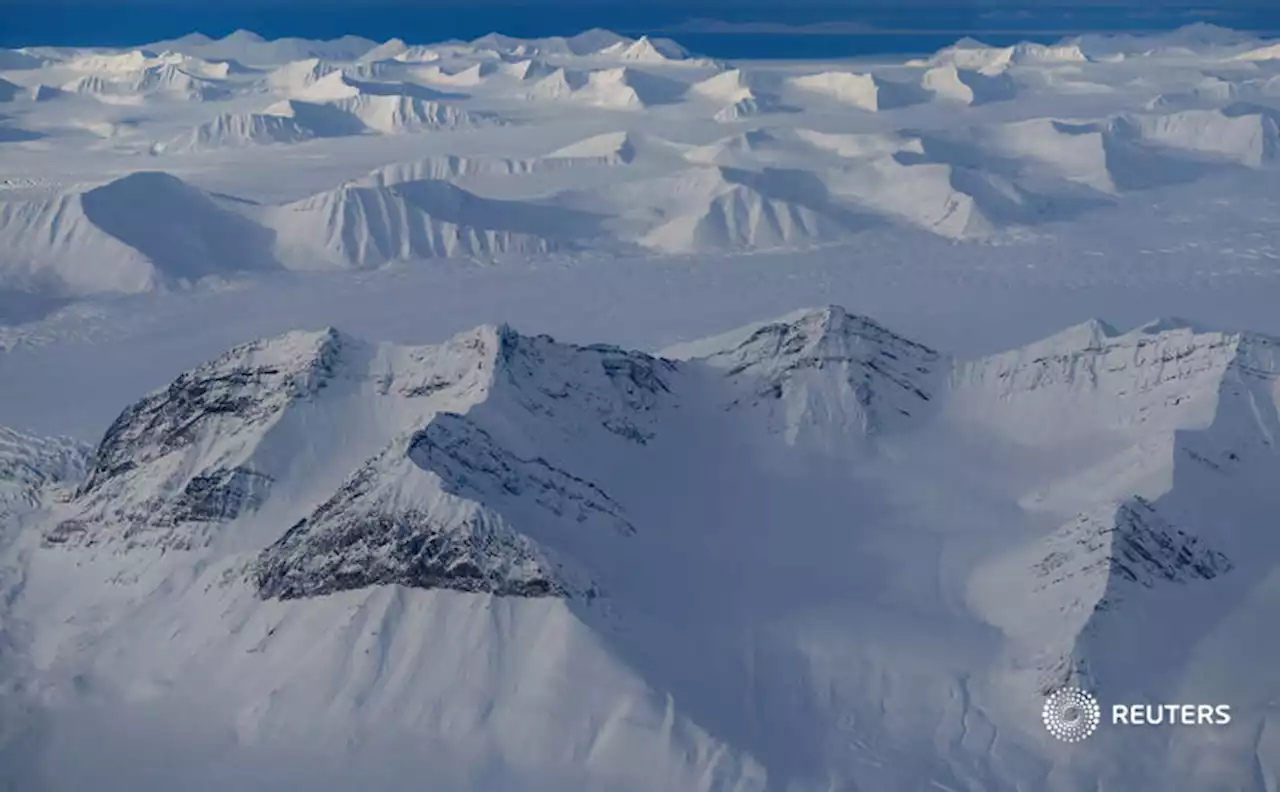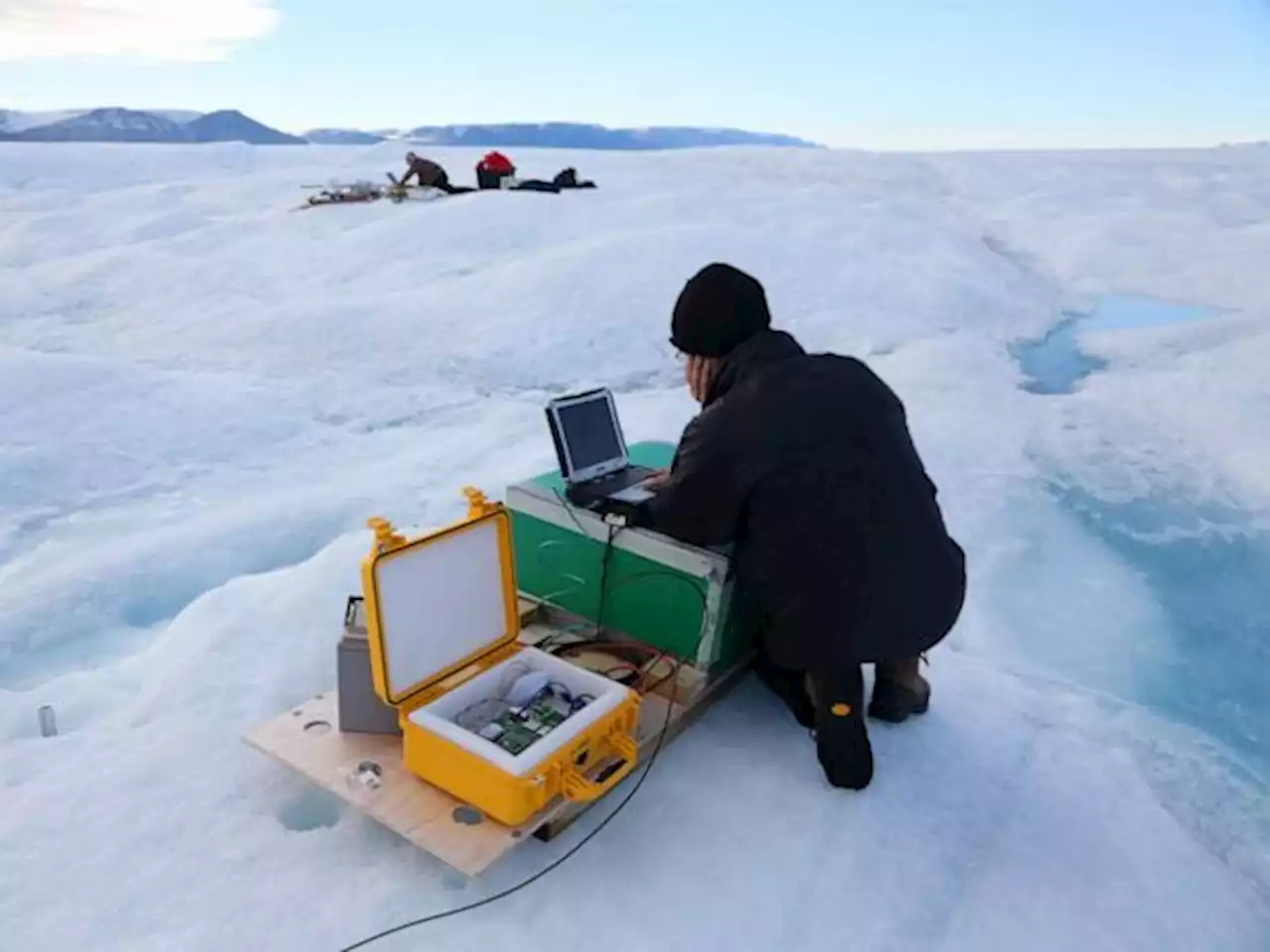Scientists discover microbes in the Alps and Arctic that can digest plastic at low temperatures frontiersin frontiersin
, where students did fieldwork to witness the effects of climate change at first hand. The soil from Switzerland had been collected on the summit of the Muot da Barba Peider and in the valley Val Lavirun, both in the canton Graubünden.
belonged to 13 genera in the phyla Actinobacteria and Proteobacteria, and the fungi to 10 genera in the phyla Ascomycota and Mucoromycota.They then used a suite of assays to screen each strain for its ability to digest sterile samples of non-biodegradable polyethylene and the biodegradable polyester-polyurethane as well as two commercially available biodegradable mixtures of polybutylene adipate terephthalate and polylactic acid .
"It was very surprising to us that we found that a large fraction of the tested strains was able to degrade at least one of the tested plastics," said Rüthi. "Microbes have been shown to produce a wide variety of polymer-degrading enzymes involved in the break-down of plant cell walls. In particular, plant-pathogenic fungi are often reported to biodegrade polyesters, because of their ability to produce cutinases which target plastic polymers due their resemblance to the plant polymer cutin," explained last author Dr. Beat Frey, a senior scientist and group leader at WSL.Since Rüthi et al.
United States Latest News, United States Headlines
Similar News:You can also read news stories similar to this one that we have collected from other news sources.
 Analysis: Fears mount for the Arctic as cooperation with Russia stallsA year after Arctic Council members stopped working with Russia following its invasion of Ukraine, experts are asking whether the polar body's viability is at risk if it cannot cooperate with the country that controls over half of the Arctic coastline
Analysis: Fears mount for the Arctic as cooperation with Russia stallsA year after Arctic Council members stopped working with Russia following its invasion of Ukraine, experts are asking whether the polar body's viability is at risk if it cannot cooperate with the country that controls over half of the Arctic coastline
Read more »
Scientists identify genes that can repair the retina and reverse vision loss in humansThere is an army of dormant cells in our eyes that prefer to stay asleep. However, waking them up in patients living with degenerative retinal disease can prevent blindness.
Read more »
 Greenland Ice Sheet melting faster than previously thought, scientists sayScientists have determined that in the last 10 to 20 years of steady global warming, the ocean has played an 'important role' in the evolution of glaciers, Eric Rignot, professor of system science at the University of California, Irvine, and author of the study, told ABC News. Melting at the interface between ice sheets and the ocean in the Arctic is much more extensive than previously estimated, according to a study published Monday in Proceedings of the National Academy of Sciences. What is happening at the grounding line -- the junction between a grounded ice sheet and the ocean -- led the researchers to discover much more melting that previously thought at Petermann Glacier in Greenland, according to the paper.
Greenland Ice Sheet melting faster than previously thought, scientists sayScientists have determined that in the last 10 to 20 years of steady global warming, the ocean has played an 'important role' in the evolution of glaciers, Eric Rignot, professor of system science at the University of California, Irvine, and author of the study, told ABC News. Melting at the interface between ice sheets and the ocean in the Arctic is much more extensive than previously estimated, according to a study published Monday in Proceedings of the National Academy of Sciences. What is happening at the grounding line -- the junction between a grounded ice sheet and the ocean -- led the researchers to discover much more melting that previously thought at Petermann Glacier in Greenland, according to the paper.
Read more »
 How Scientists Identified the Remains of the Romanovs🔄FROM THE ARCHIVE: DNA analysis was the key to unraveling the mystery of what happened to Russia's fallen royal family.
How Scientists Identified the Remains of the Romanovs🔄FROM THE ARCHIVE: DNA analysis was the key to unraveling the mystery of what happened to Russia's fallen royal family.
Read more »
 Scientists disagree with NASA on the future of the New Horizons mission'We need to finish the Kuiper Belt' after 'finally' getting a spacecraft there, the New Horizons principal investigator said.
Scientists disagree with NASA on the future of the New Horizons mission'We need to finish the Kuiper Belt' after 'finally' getting a spacecraft there, the New Horizons principal investigator said.
Read more »
